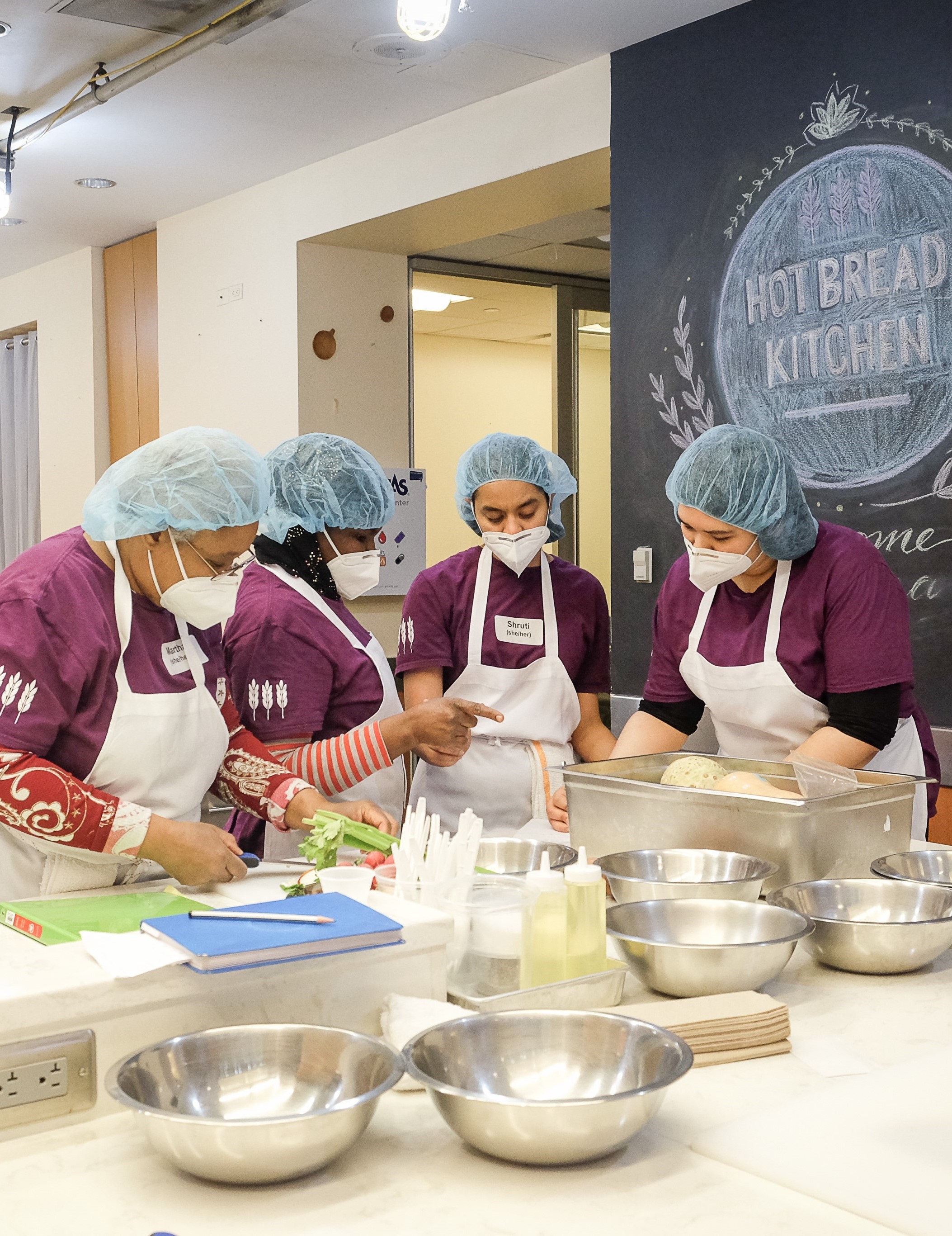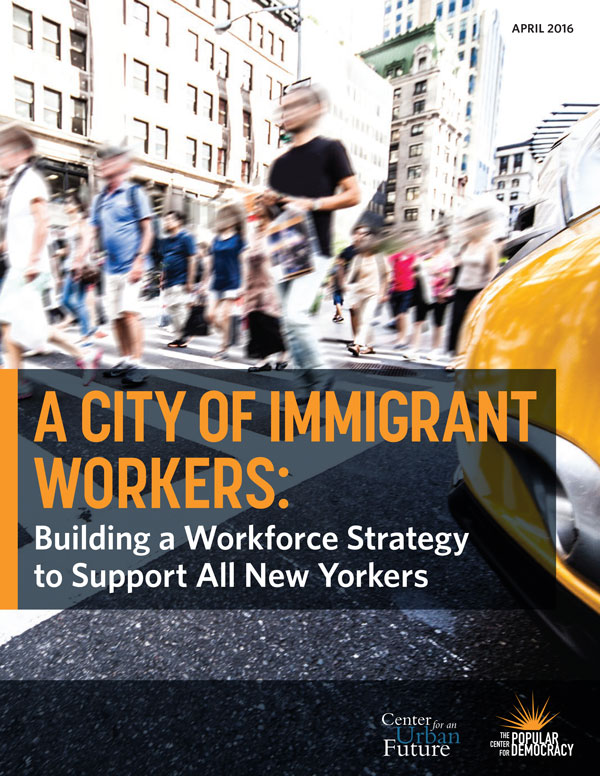Just as so many previous generations of immigrants strengthened communities from Brighton Beach to Buffalo, the more than 116,000 asylum seekers who’ve arrived here since 2022 will almost certainly provide a huge net benefit to our state — even after factoring in the short-term financial costs. Right now, however, it's far from clear that New York's workforce training infrastructure has the capacity to help these newcomers — most of whom lack English proficiency and U.S.-recognized certifications or credentials — transition swiftly into employment.
Even before the recent influx of migrants, New York City was struggling to help many of the city’s 2.79 million working age foreign-born residents — including over 1.4 million who have limited English proficiency — with job training, workplace certifications, English classes and connections to other services that will help them get on the path to employment. A recent Center for an Urban Future report found long waiting lists at most of the city programs offering English for speakers of other languages (ESOL) classes and workforce training tailored to immigrants.
In this op-ed, CUF's Jonathan Bowles argues that while Gov. Kathy Hochul's wise $2.4 billion investment in basic services for asylum seekers is a major step in the right direction, to prepare the migrants for independence, we must go beyond providing humanitarian aid. He urges the governor and Legislature to allot a share of the new funding for English classes and job training programs that will help these newcomers prepare to enter the workforce and become productive New Yorkers, and to make investments in immigrant-serving workforce development providers and organizations that support pathways to employment.
Read the full op-ed here.
This op-ed builds on CUF's research on incorporating the city’s immigrant workers into its workforce development strategy, including Preparing Today's Asylum Seekers to be Tomorrow's Workforce and A City of Immigrant Workers: Building a Workforce Strategy to support All New Yorkers.




